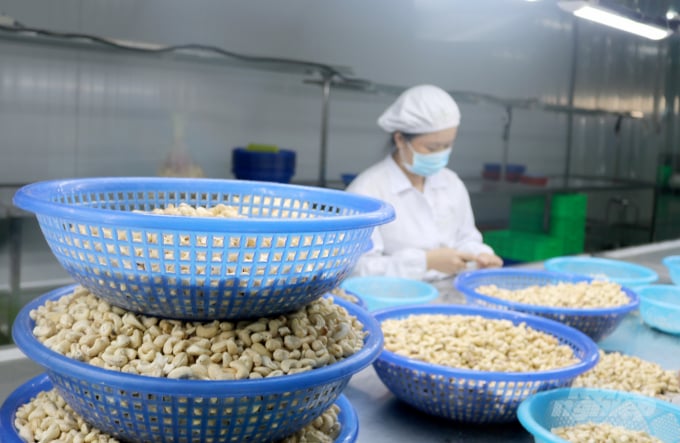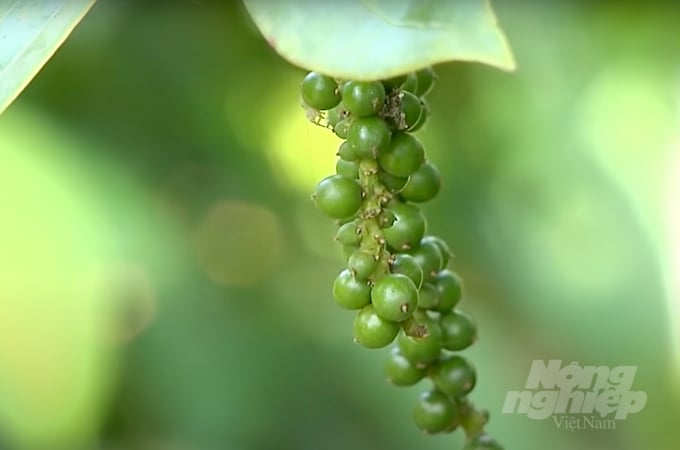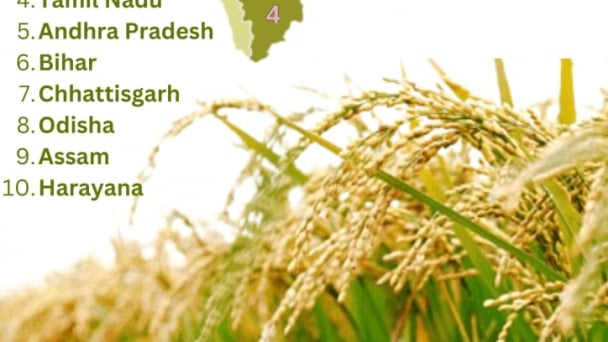June 20, 2025 | 02:58 GMT +7
June 20, 2025 | 02:58 GMT +7
Hotline: 0913.378.918
June 20, 2025 | 02:58 GMT +7
Hotline: 0913.378.918

Cashew nut consumption is projected to shrink due to inflation. Photo: Thanh Son.
According to Tran Van Hiep, Vice Chairman of Vietnam Cashew Association (Vinacas), currently there is no statistics of the domino effect of the global food-energy crisis on inflation and the health of the economies as well as impacts of the crisis on consumer buying power in general and the purchasing power of the cashew market in particular. Overall, cost of living is increasingly expensive and spending on necessaries is obviously higher than before which means that inflation begins to take a toll on consumers’ pocket.
All these elements will impact consumer spending on non-staple food such as cashew nuts, resulting in shrinking cashew consumption, making it hard for the price to go up at this moment.
Chairman of the Board of Hoang Son 1 Joint Stock Company (JSC) Ta Quang Huyen assessed that amid high inflation rates in the US and Europe make, the consumers couldn't purchase the same goods as before, and thus they had to cut down spending.
Meanwhile, China, one of the largest cashew import markets of Vietnam has maintained its zero- Covid strategy and this policy will continue to have negative impacts on Vietnam's cashew nut exports in the last six months of this year.
Therefore, Hiep projected that cashew nut export situation in 2022 would be even more difficult than in 2021 when Vietnam faced challenging phase of Covid-19.
According to Vinacas, 2022 is expected to be tough and challenging for cashew nut export as sea freight cost has remained higher compared to that before Covid-19 pandemic. In addition, the price of cashew kernel does not go up at the same rate as that of raw cashew nuts does, and thus it's impossible to balance processing prices and export prices. As a result, Vietnam's cashew nut exports are projected to continue to fall in the months to come, lasting until the end of 2022.

Global cashew nut consumption demand has declined by tens of thousands of tons since early this year. Photo: Thanh Son.
Likewise, Vietnam's pepper exports dropped sharply in the first half of this year in terms of volume. In particular, in the first five months of 2022, Vietnam's pepper exports reached nearly 100,000 tons, down 17.8% in volume compared to the same period last year.
Not only Vietnam but other leading cashew nut exporting countries worldwide have also faced the same situation. In the first five months of this year, Brazil, one of the world's major pepper producers and exporters sell more than 32,000 tons of the seed internationally, down 20.9%. Indonesia exported 13,000 tons of pepper during the same period, a decrease of 22.2%. India’s pepper exports reached 3,000 tons, down 14.6% over the same period in 2021.
A sharp decline in pepper exports from leading producers and exporters is driven by high inflation rates worldwide. Furthermore, the fact that China has repeatedly committed the country to the zero-covid policy and oil prices jumped as the crisis between Russia and Ukraine escalated pushed global pepper consumption demand down. Many international experts estimated that these factors could lead to a drop of 40,000-50,000 tons in global pepper consumption in the first half of this year.
Surging inflation in Europe and the US also hit global coffee market. Federal Reserve System (Fed) or the Central Bank and Monetary Authority of the United States has recently raised its benchmark interest rate more aggressively to restrain inflation. Many central banks in the world have tightened credit markets and increased regulatory interest rates to cope with high inflation.
These moves have had impacts on global financial markets, strongly affecting global coffee market. Positive outlook of Brazil’s coffee crop for the 2022/2023 harvest and weaker real compared to the dollar have pushed coffee farmers in Brazil to accelerate sales. Concerns about increasing global supply put coffee future prices on international mercantile exchanges in a downtrend in late June.
In return for a plunge in export volume, export prices of Vietnam's pepper have increased sharply. According to the Agency of Foreign Trade under the Ministry of Industry and Trade, in the first five months of 2022, the average export price of Vietnamese pepper reached US$4,627 per ton, an increase of 47.9% over the same period in 2021. Thanks to higher export prices, Vietnam’s pepper exports increased by 21.6% in value (reaching US$460.54 million) despite a drop of 17.8% in volume over the same period.
Translated by Mai Tham

(VAN) Last week, the U.S. Department of Agriculture (USDA) released its June World Agricultural Supply and Demand Estimates (WASDE), raising projections for both Indian rice production and U.S. rice imports for the 2025/2026 marketing year.
/2025/06/17/2344-1-131758_261.jpg)
(VAN) Amid tariff risks and growing trade barriers in the U.S. market, Australia is emerging as a promising destination to sustain the growth momentum of Vietnam's shrimp exports.
/2025/06/17/2013-1-nongnghiep-112009.jpg)
(VAN) This notable growth trend reflects the global taste for fresh, nutritious fruits and the expanding use of lychees across various sectors.

(VAN) The political and cultural insulation of Japan’s beloved grain is falling apart, and experts warn the country’s relationship with the staple will have to adapt.

(VAN) Noting risks, report examines impacts of avian influenza, changing trade patterns since 2022, fish fraud, and shipping industry’s net-zero goals.

(VAN) Mr. Tran Quang Bao, General Director of the Forestry and Forest Protection Department, met and worked with the International Wood Products Association to promote cooperation in the field of timber trade.

(VAN) China's outbound shipments of rare earths in May jumped 23% on the month to their highest in a year, though Beijing's export curbs on some of the critical minerals halted some overseas sales.